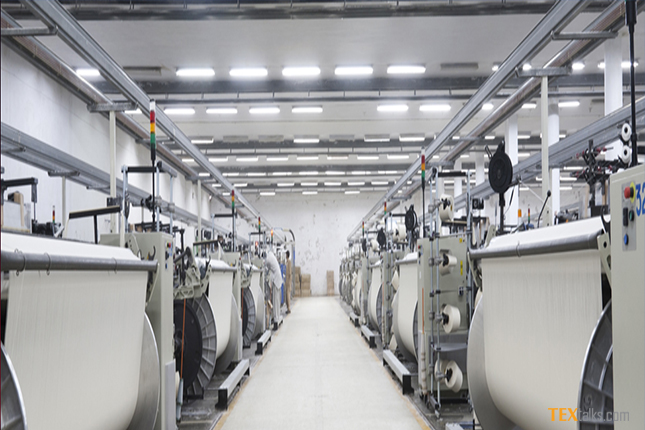The Japan International Cooperation Agency also known as the JICA failed to provide any prominent assistance in the products and market diversification for the value added textile sector by using its technical assistance, however the support in enhancement of efficiency is appreciable, says Pakistan Readymade Garment Manufacturers and Exports Association. The statement was given by the Chief Coordinator of PRGMEA, Mr Ijaz Khokhar on the sideline of a workshop organized by the TDPA (Trade and development Authority of Pakistan) and JICA (Japan International Cooperation Agency).
The aim of this workshop was to provide useful information to improve production management, quality control and inspection for textile manufacturers in Pakistan. On the occasion, a presentation was made by JICA expert Hideaki Shimizu, who highlighted the issues with Pakistan’s apparel industry . He said Pakistan is less competitive in the world apparel market . Hideaki described in detail about the trend survey of international apparel industry.
While talking to the media, Ijza khokhar said that the JICA’s project was actually aimed at Skills Development and Market Diversification (PSDMD) of garment industry in Pakistan. JICA’s performance in one area is excellent as its technical assistance in efficiency enhancement, productivity, energy improvement, quality control and reduction of wastage is substantial. However, the Agency’s performance to help textile industry explore new markets and products diversification is not so big or significant, he added.
Presently, our major issue is lack of marketing of our products particularly in non-traditional and unexplored markets. “European market is fully saturated while Eastern countries markets are comparatively cheap, less demanding and easy to access but JICA has no working in this regard,” Ijaz Khokhar added. TDAP director Dr Zia Ahmed urged the industry stakeholders to come up with their proposals as to how JICA can assist the Pakistan textile industry to market their products in global market . “We will approach the JICA and try to resolve problems of our export-oriented industry ,” he added.
Further he informed that the TDAP has been undertaking a lot of efforts on different avenues for the promotion of this textile sector. The major emphasis is being given recently on value-addition in the apparel sector. This division has initiated a number of projects, seminars, exhibitions, delegations, special incentives/subsidies, alliance with associations, promotion of fashion designers, new institutes, in recent times to promote and create awareness among the stakeholders in the different ways to make this Industry more viable and profitable.
Dr Khurram Anwar, the chairman of Pakistan Hosiery Manufactures Association (PHMA) was also present on the occasion and he said that JICA ‘s support and guidance is encouraging. He further added that the workshop would be beneficial in imparting higher skills in the area of garments. He said that Pakistan had a dynamic, vigorous and export-oriented textile industry that has an overwhelming impact on the economy. He said that Pakistan could enhance its textile exports to Japan since the country offers a wider scope and available cushion for them to excel in the Japanese market . He urged for more production management techniques and problem solving methods for quality improvement.
Dr Khurram also proposed the government to release funds to the central bank for immediate payment of duty drawback of taxes to the hosiery exporters as the immediate payment of all outstanding refunds of sales tax could save the industry . He termed that funds blockage as main cause of continuous drop in exports.
While on the other hand the Senior Vice Chairman of PRGMEA, Sheikh Luqman Amin appreciated the efforts of JICA for extending their help and support . He said that we will go ahead with the support of JICA and subsequently will be able to enhance our value added exports. We need to go according to the market demand and added that the cost of production in Pakistan is higher as compared to our neighboring countries, he added.



